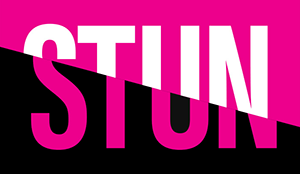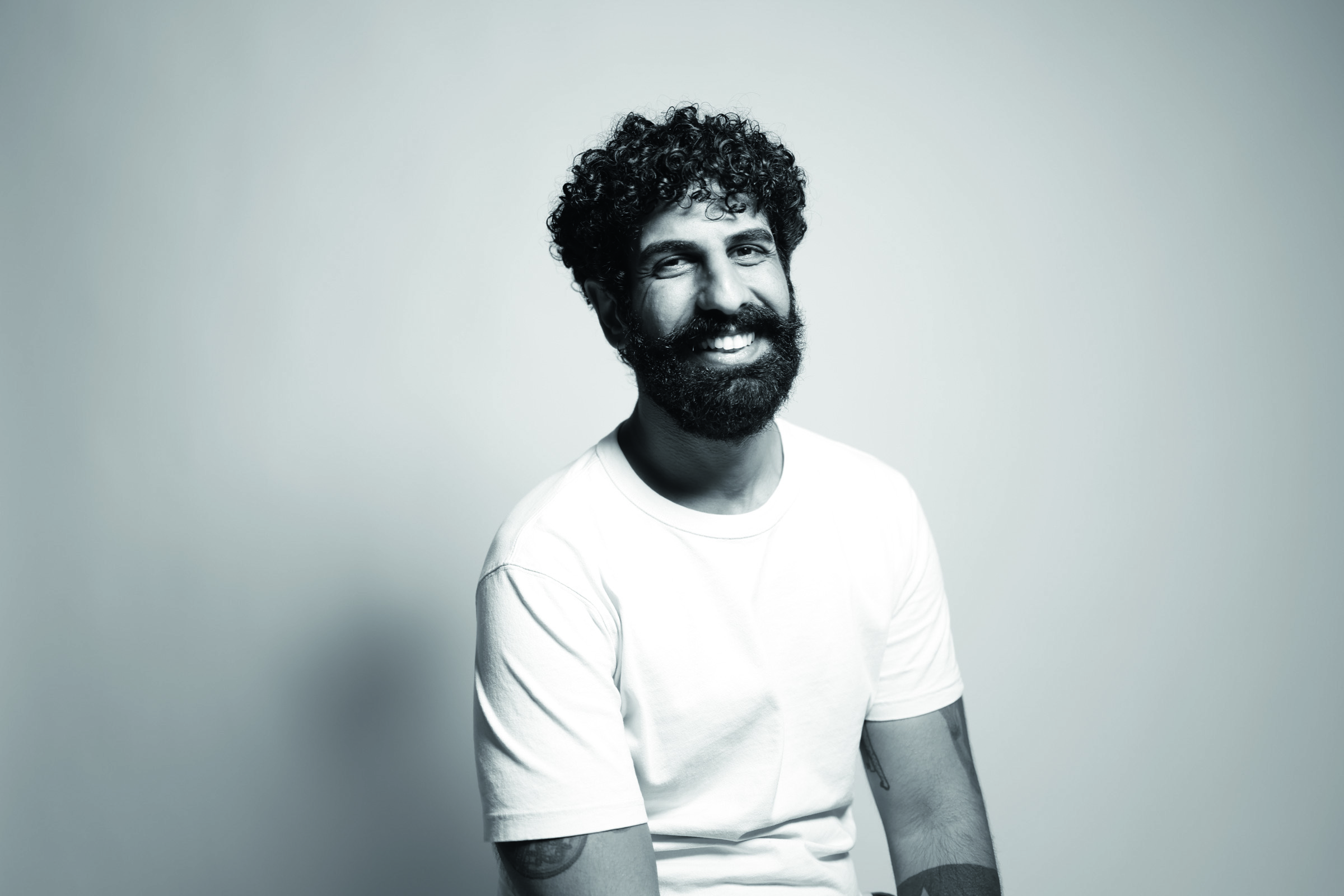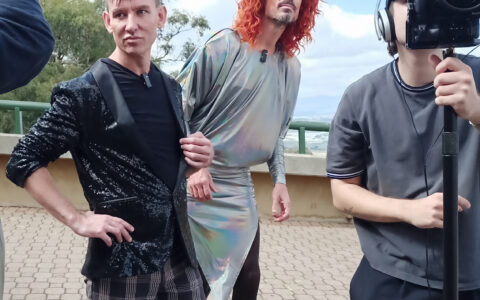The challenges faced by queer refugees do not stop at the border, discovers Holly Hazlewood.
As the rights of queer people around the world are being stripped away, Australia is sometimes seen as a chance to start a new life, free of persecution. However, the journey towards an authentic life in a new country is still full of unique challenges as LGBTQIA+ displaced people often face the toxic mix of racism and queerphobia in a new environment.
The Forcibly Displaced People Network (FDPN), which is the first registered organisation to campaign for the right of displaced queer people in Australia, conducted a nation-wide survey in 2021 to capture the experiences of people seeking asylum from countries that are, sometimes, actively trying to outlaw LGBTQIA+ people in public life.
More than 50 per cent of the study’s participants reported that the ongoing issue of discrimination affected their physical and mental health. The report also reveals a staggering 60 per cent experienced at least one form of violence in Australia, more than 15 times higher than the national average over the same period of the survey.
FDPN Board Director Mohamed Al Abri said the challenges faced by queer refugees do not stop just because they manage to escape oppressive regimes.
“Settlement services can be very homophobic and racist,” he said. “Queer refugees may be vulnerable to violence or harassment in shared accommodation settings, particularly if they are housed with individuals from their home countries who hold prejudiced views.
“Ensuring safe settlement environments is crucial. Many LGBTIQ+ refugees have experienced trauma and may require specialised mental health support to cope with their past experiences and the challenges of resettlement.”
Mr Al Abri adds that queer refugees often can’t rely on family already living in Australia, like cis-het displaced people, saying they are often ostracised within their own communities.
The journey of resettling in a foreign land is one familiar to Mr Al Abri, who came to Australia as a 16-year-old in 2007 from the Arabian Gulf as an international student. Freedom of information now available to him in Australia allowed him to slowly discover who he was despite the road to authenticity still being filled with many speed bumps.
“When I was growing up as a teenager, the internet was just starting. My home country was also very authoritarian and controlled all content on the internet. I was curious about my sexuality but any content related to queerness was blocked or censored,” Mr Al Abri said.
“My biggest challenge was the pressure to fit in. I had no idea what being ‘gay’ meant and if I was. The word ‘queer’ was so foreign too. We have to remember that the concept of queerness is very western and does not apply to the global majority.”
The Arabian Gulf is just one of many regions in the world that are becoming increasingly dangerous for queer people to exist in. Uganda’s anti-homosexuality act makes being queer possibly punishable by death; Russia is using its war in the Ukraine to commit transphobic and homophobic attacks; Ghana is also seeking outlaw being queer; gay and trans people in Iraq could be killed or imprisoned for being their authentic selves whilst Lebanon, Japan, Egypt, India and Morocco are all also embracing conservative ideals in their public life.
Despite the challenges, the FDPN is working tirelessly to eliminate the barriers faced by queer people in Australia and around the world, including launching a pilot program where people can do more than lament the changing face of world politics to help those in the queer community.
“(The) Refugee Community Sponsorship allows us to resettle refugees. It is called community sponsorship because unlike traditional resettlement here it is a group of five individuals who come together and commit to supporting a refugee for the first 12 months,” Mr Al Abri said. “Not many people know that the Australian government identified LGBTIQ+ community as one of the priority groups. So, what FDPN does is help organise sponsor groups and provide training on how to best support resettled LGBTIQ+ people. This is really big as we have a very real opportunity to change someone’s life. On average a displaced person who is in a refugee camp or a third world country can be waiting to be resettled for 10 to 15 years but if we have a group of five people ready and committed, we can get an LGBTIQ+ person to safety in a matter of months.”
The FDPN are holding an information session regarding the Refugee Community Sponsorship program on October 19 at 6pm AEST. For more information register here: https://bit.ly/IS_FDPN










